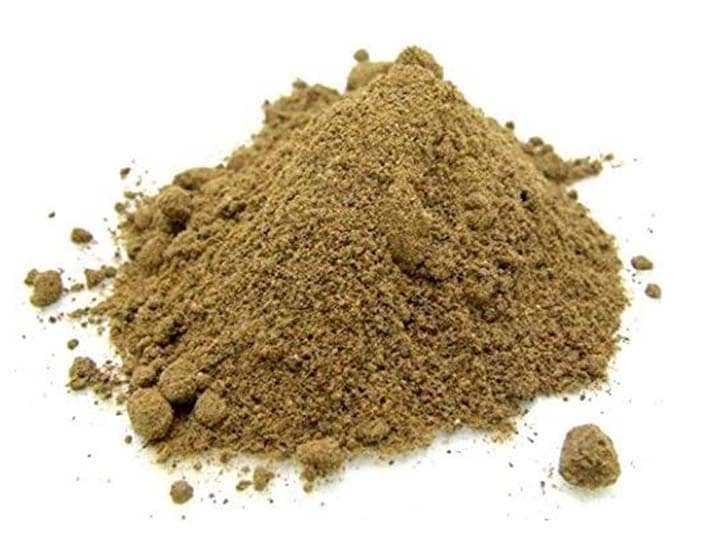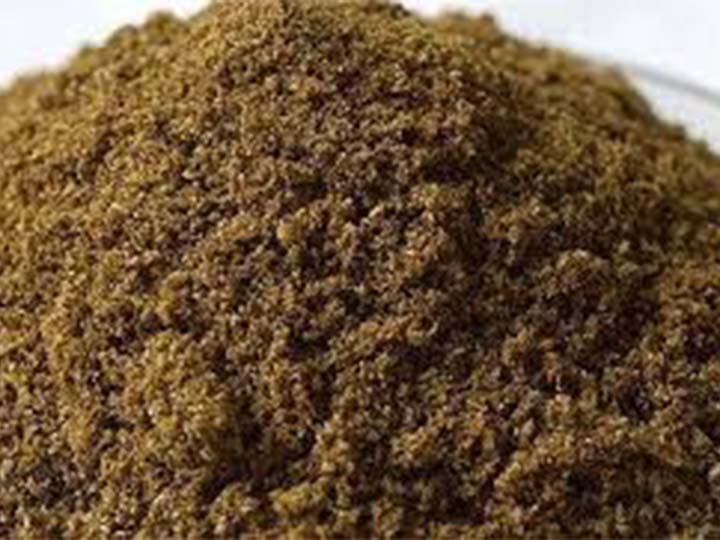En la línea de producción de harina de pescado, la molienda es un proceso importante después de secar la harina de pescado, por lo que se utiliza la máquina de molienda de harina de pescado. Aunque el contenido de humedad de la harina de pescado puede reducirse al nivel deseado después del secado, no se puede ignorar el papel de la molienda. A continuación, se explicará por qué la molienda es necesaria después de secar la harina de pescado.
Partículas de harina de pescado más uniformes y finas
Después del secado, la harina de pescado puede formar partículas más grandes, que no se distribuyen fácilmente de manera uniforme en la formulación del alimento. Al usar la máquina de molienda de harina de pescado, las partículas de harina de pescado pueden ser más finas, para que se puedan mezclar más uniformemente en el alimento y mejorar la homogeneidad del alimento.

Mejorar el solubilidad de harina de pescado
Durante la molienda, el área de superficie de las partículas de harina de pescado aumenta, lo que ayuda a que el agua en el alimento se combine mejor con la harina de pescado. Esto permite que la harina de pescado en el alimento se disuelva y se digiera más rápidamente, mejorando la utilización del alimento.
Mejorar la estabilidad y la capacidad de almacenamiento de la harina de pescado
Los pellets de harina de pescado más grandes tienden a aglomerarse o absorber humedad durante el almacenamiento, lo que resulta en una pérdida de calidad. Si se utiliza la máquina de molienda de harina de pescado, los espacios entre las partículas pueden reducirse, lo que resulta en una distribución más uniforme de la harina de pescado, reduciendo el riesgo de aglomeración y mejorando la estabilidad de almacenamiento de la harina de pescado.

Aumentar el valor nutricional de la harina de pescado
Los pellets más grandes pueden contener partes internas que no están completamente secas o no están completamente trituradas. La máquina trituradora de harina de pescado puede molerlas, lo que permite una mayor exposición de estas fracciones al alimento, mejorando su disponibilidad y valor nutricional. Esto es esencial para proporcionar un alimento de alta calidad y satisfacer las necesidades nutricionales del animal.
